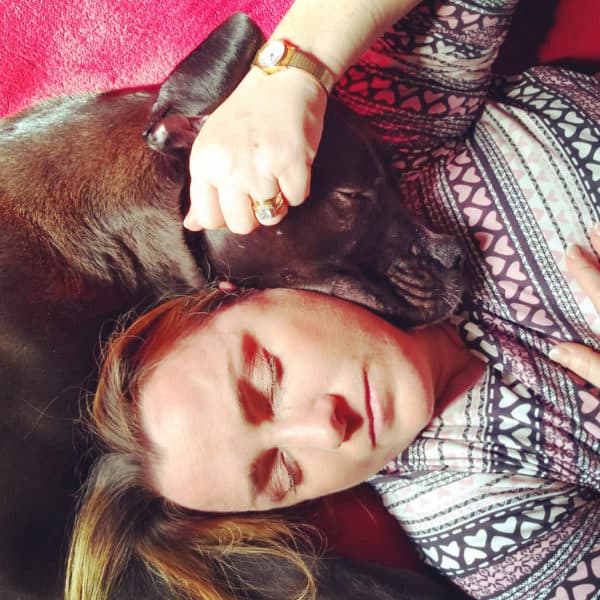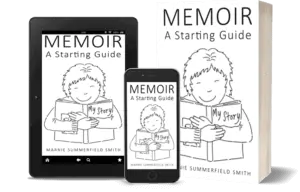
Last weekend I led a Voice in Memoir workshop at Faversham Literary Festival. It was, as always, wonderful to be in the company of people who are curious about memoir.
Each attendee shared their reasons for coming and spoke about what, if any, writing projects they were involved in. Some said they simply enjoy sitting down to write. How lovely! And as we moved around the room, I also heard from people who were dedicated journal writers, technical and academic writers who wanted to change genre, bloggers, novelists, people undertaking creative writing courses and quite a few who were wrestling with family histories. One woman even had a grandfather who was a ghostwriter, which piqued my interest!
Towards the end of our session, we did a writing exercise. I gave prompts but I always tell my students they are free to ignore these and write what feels most pressing.
Before we started writing, I told them, “This is just for you, no one has to see it and you can burn it afterwards. But please don’t!”
(It’s important to feel as uninhibited as possible.)
And away we went.
As this was a group of people who had not met each other before, when our writing time was up, I did not encourage anyone to share their writing, But I did ask participants to share, if they wished, how they writing time was for them.
Some of the writers, including those who had made me smile by literally groaning when I said we were going to write, were amazed at how they got stuck into it, and how much they were able to write in 15 minutes. This is valuable because it shows people how in just a few 15 to 30 minute sessions, maybe one a week or a few a month, can push your project forward. You could do more than you think, so do hold that thought.
People spoke about how they were surprised at what came forward. How something very much wanted to be written and spilled onto the page.
Several writers, almost a quarter of those in the room, became emotional, some very tearful about what they had written. This led onto a discussion about taking care while writing memoir, so I thought I would share the advice I gave. I hope it helps you.
If something unexpected comes up in your writing, bringing difficult emotions, the key is to bring yourself back to the present when you are finished. But don’t be afraid to have a good cry. Crying is one way we soothe ourselves and releases the feel-good (or at least we hope better) chemicals oxytocin and endorphins, which help with all kinds of pain.

Crying can also be a writing prompt. It can be interesting to think about how our caregivers responded if we cried or appeared to want to. But either way, sob it out if you feel the need. Listen to your body, always.
If you have a mindfullness practice, you can use that. I suggest placing your feet on the floor, if they’re not already, and paying close attention to how they feel. Parasympathetic (rest and digest) breathing is great too – to calm your nervous system when adrenaline has been released. Breathe in for four and out for longer, if you can. Here is more information. You can also name the objects around you, to bring you back to the here and now. Or hug someone – a parasympathetic hug needs to be 20 seconds. If you don’t have someone huggable nearby, this is where your pets come in.
This advice also works if you know in advance that you’re going to be writing about something difficult. Plan to have some activities like those mentioned above in place for afterwards. Arrange to meet a friend (say if you don’t want to talk about your writing). Cook something, engage in a phsyical activity. Or watch an episode or 17 of Golden Girls. You can also write in a cafe or library so that you’re with people and have plenty to look at to bring you back to the present moment. Because that’s what’s key. You’ve taken yourself into the past and you need to come back and know that you are safe.
But the most important advice is this. Yes, in memoir we are often digging into our pasts and that can be great. It is a level of self-reflection few people undertake and it can lead to incredible, rich writing which benefits audiences and can be both transformative and healing for the memoirist.
But there is a line you can cross when instead of writing being healing, you are actually re-traumatising yourself. Pay close attention to what your mind and, crucially, your body, are telling you. It may be that you need therapy or counselling at this stage. Memoir writing can come later. The process of memoir writing can make us feel vulnerable. Depending on what kind of story you have, I would say it probably should. But don’t strip yourself for parts. You’re creating something here. Don’t destroy yourself in the process.
P.S. Writing with others, or with an experienced guide can be helpful for us all. Why not join me for my online memoir writing course or memoir writing retreat? Participants have said lovely things about the warm, supportive and encouraging environment I create at my events. They could be of great benefit to you.
